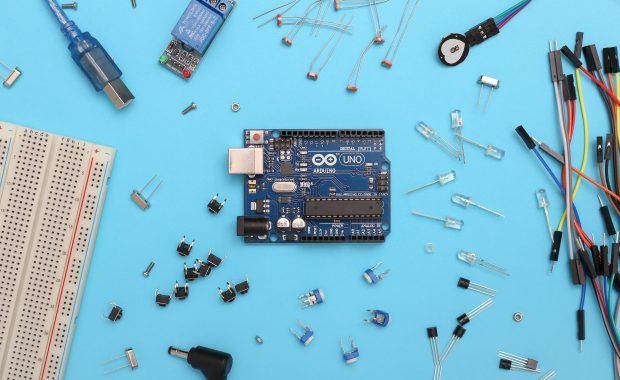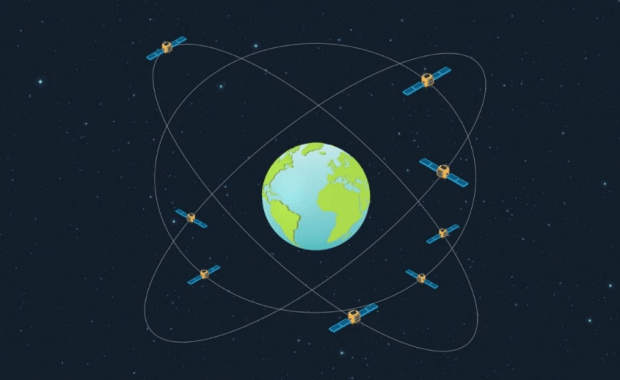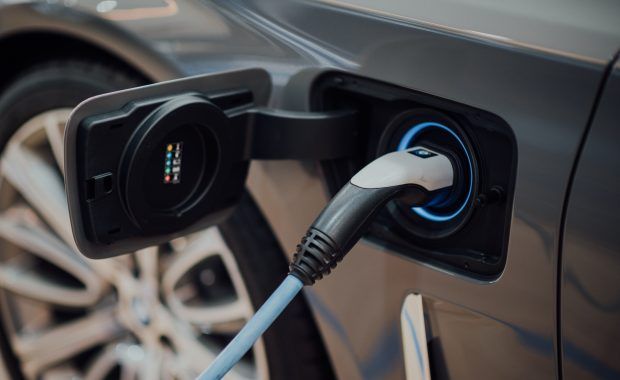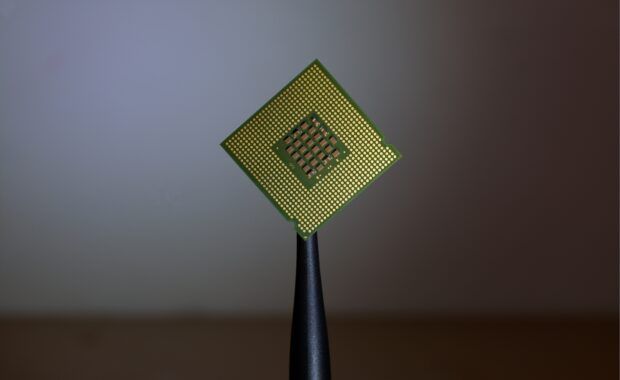In a Communication adopted, the Commission is setting out what the EU has done to promote and support the development and deployment of clean technologies, by reinforcing the Single Market, ensuring a level-playing field, supporting research and innovation, expanding its network of trade agreements, and mitigating the impact of external developments. It also looks at first […]
Read MoreNew EU rules for financial services contracts
The Council has adopted a directive concerning financial services contracts concluded at a distance. This is the last step in the decision-making procedure. The text adopted simplifies existing legislation, increases consumer protection, and creates a level playing field for financial services concluded online, via telephone or through other forms of remote marketing. Today we adapt EU rules […]
Read More10 ways EU Space helps fight global hunger
The world’s population is growing, meaning there’s more mouths to feed. With climate change wreaking havoc on global food supply chains, doing so in a sustainable manner becomes increasingly difficult. That’s why initiatives like the World Food Day are so critical. Celebrated every 16 October, World Food Day puts the spotlight on the importance of […]
Read MoreEU is working to launch the Strategic Technology Platform for Europe
The EU is creating a Strategic Technologies for Europe Platform (STEP) to support key technologies and strengthen European sovereignty. Why does the EU need to invest in technologies? One of the EU’s main strategic goals is to strengthen the competitiveness of the European economy by supporting its change in line with the green and digital transformations. However, in recent […]
Read MoreEuropean Union launches three new missions in space
Three new In-Orbit Demonstration and Validation (IOD/IOV) missions were launched onboard of the European launcher Vega flight VV23 from the European spaceport in French Guyana, under the Horizon 2020 Research and Innovation Programme. The three missions, six satellites and nine experiments, will allow the test of technologies with a wide variety of application, which are […]
Read MoreCommission launches investigation on subsidised electric cars from China
The European Commission has formally launched today an anti-subsidy investigation into the imports of battery electric vehicles (BEV) from China. The investigation will first determine whether BEV value chains in China benefit from illegal subsidisation and whether this subsidisation causes or threatens to cause economic injury to EU BEV producers. Should both prove true, the […]
Read MoreThe European Commission recommends carrying out a risk assessment of 4 critical technology areas: advanced semiconductors, AI, quantum and biotechnologies
The Commission adopted a Recommendation on critical technology areas for the EU’s economic security, for further risk assessment with Member States. This Recommendation stems from the Joint Communication on a European Economic Security Strategy that put in place a comprehensive strategic approach to economic security in the EU. This Recommendation relates to the assessment of one of […]
Read MoreEuropean Commission publishes first State of the Digital Decade Report
The first report on the State of the Digital Decade, published on 27 September, provides a comprehensive look at progress towards achieving the digital transformation to empower a more digitally sovereign, resilient, and competitive EU. It includes an assessment of the EU’s performance towards Europe’s 2030 objectives and targets focusing on four main pillars: digital skills, digital infrastructure, […]
Read MoreNew rules to boost EU chips industry
The Council gave its final approval to the Chips Act. The new regulation aims at doubling the EU’s global market share in semiconductors from 10% to at least 20% by 2030. Chips are essential for a wide range of technological and digital products, such as cars, household appliances and electronics. The EU Chips Act aims […]
Read More








